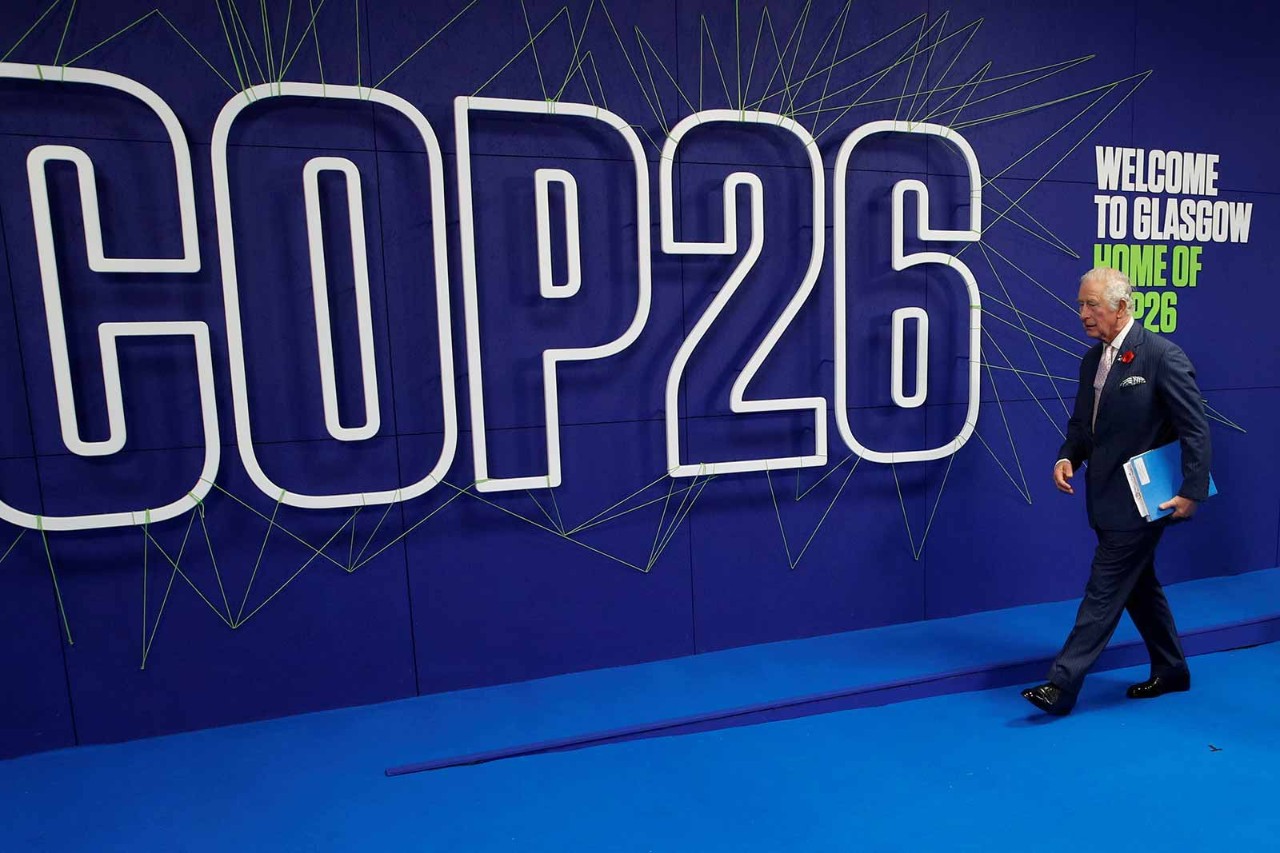
Organisations are finally starting to grasp the scale of the climate emergency. They are looking at the environmental and social impacts on their own business and wider society, and expecting finance professionals to show leadership and develop strategy around climate impacts on business models.
A new ACCA report, Climate action and the accountancy profession: building a sustainable future, considers how accountancy and finance professionals can provide that leadership – and what needs to change within organisations for them to achieve carbon emission reductions at the required pace and scale.
ACCA surveyed more than 3,000 accountancy and finance professionals globally, and conducted a series of regional roundtables to provide context on the major climate risk themes being considered. See key findings in the panel.
Climate action strategy needs to be embraced at board level before being embedded throughout the organisation
Integrate expertise
This research reveals an appetite for embracing climate considerations at the core of business strategy, and a desire among finance professionals to play a central role in shaping this strategy and leading organisations into the future.
The report says that organisations should start by focusing on integrating finance and sustainability expertise in the following areas:
- Business strategy Organisations’ success will be shaped by how they adapt their business to meet the challenge of climate change. Climate and nature-related considerations must therefore be central to organisations’ overall business strategy.
- Governance Climate action strategy needs to be embraced at board level before being embedded throughout the organisation. Executive buy-in sets the tone for other parts of the organisation.
- Road to decarbonisation Reducing greenhouse gas emissions over the next few decades to meet government targets will involve measuring, accounting for and reducing emissions generated by the organisation, its suppliers and, ultimately, the consumers who use its products.
- Science-based targets Only 23% of survey respondents integrate climate key performance indicators (KPIs) into their business strategy and/or risk frameworks. Adhering to established science-based targets will help develop these KPIs.
- Accounting standards Organisations need to report on the value they create, preserve and erode through a lens that reflects both financial and non-financial considerations. Accountancy professionals will play a central role in reflecting environmental, social and governance (ESG) issues in traditional reporting and analysing the interdependencies of these risks.
Next steps
While the report acknowledges that meeting the challenges is a long-term process, it highlights steps that need to be taken right now to accelerate the transition. These include:
- get executive level buy-in for climate action
- play a lead role in supporting boards and executive leadership in net-zero transition plans
- place ESG and net zero at the heart of organisational strategy
- take a holistic approach to decision-making
- report meaningfully on non-financial information
- foster integrity and trust
- increase awareness and education.
Further information
See more resources at ACCA's hub Rethinking sustainable business
Key findings
- 75% say it’s important that accountancy and finance teams are involved in supporting their organisations to tackle climate change.
- 29% say that climate change considerations play a significant role in financial decision-making.
- 15% say their organisations have set targets to be net-zero compliant by 2050
- 23% integrate climate key performance indicators (KPIs) into their business strategy and/or risk frameworks.
- 52% believe climate change regulation will impact their organisation over the next five years.
- 38% feel that their organisation will be willing to invest much more in addressing climate change over the next three to five years.
- 73% say it’s important that their future career involves taking action on climate change.



